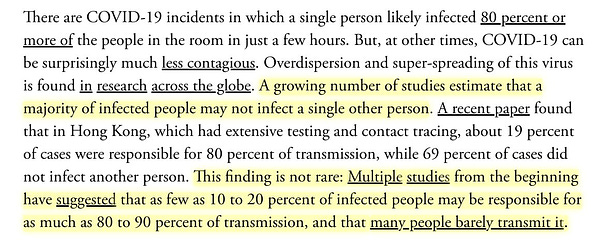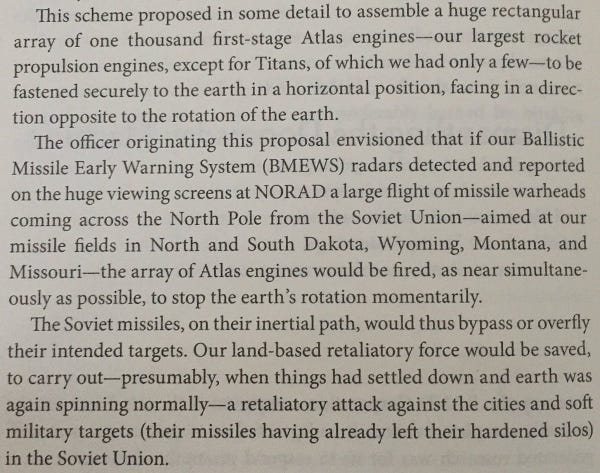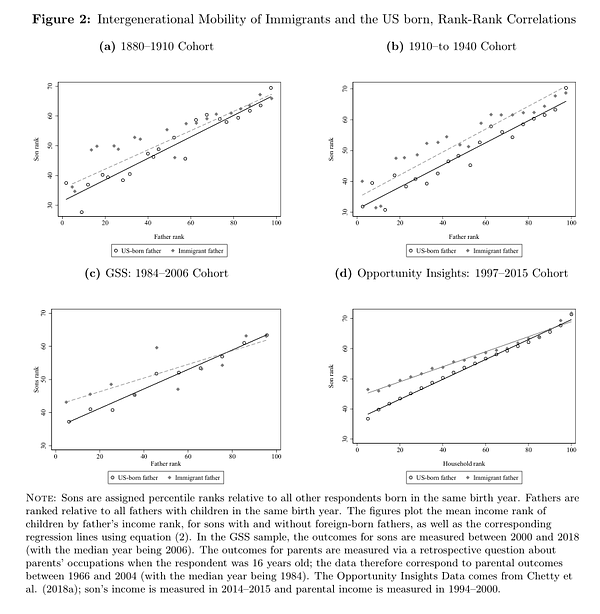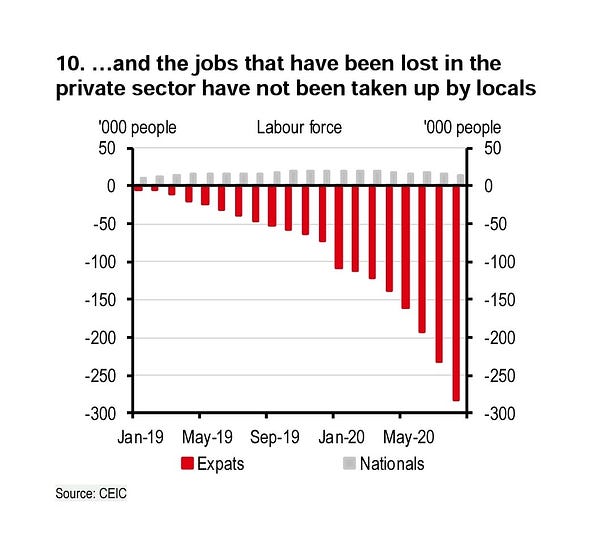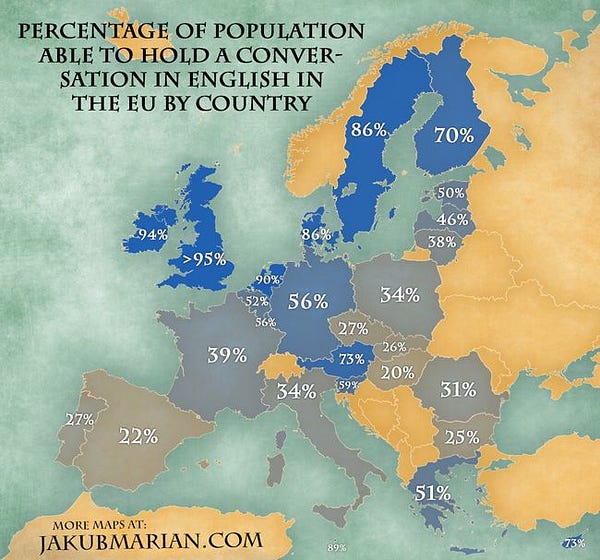11: On reading; why generalists beat specialists; and more..
Below are the notes for the week of 4/10/2020. Includes book reviews, best tweets, and films
<h1>Hello World!</h1>
How I choose what to read
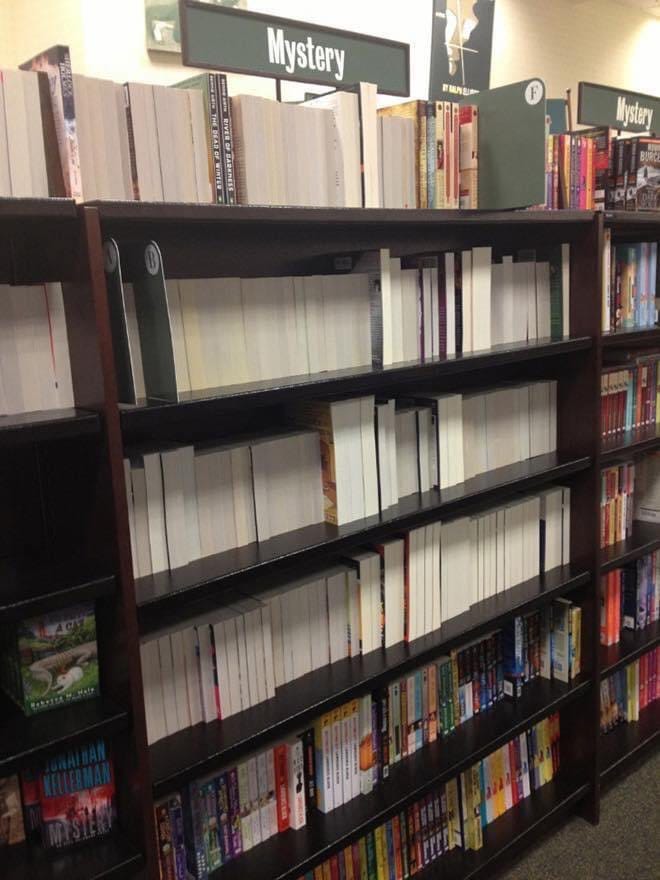
Reading is underrated. I wish I’d started serious reading earlier in my life. But heck, who cares about their past selves, They’re dumber than you and they don’t exist anymore.
To borrow from my one of my favorite people, Patrick Collison: “ you could choose to be at the frontier and think really hard to come up with original ideas or you could cheat by reading lots of books”. Hence the value of readimg. Books are full of ideas. There are a lot of low-hanging fruits hidden in the pages of various different books. You just have to make the right connections between the old to come up with the new.
I’ve been reading seriously( 2 h a day) since 2015. I think i have some useful tips I can share in that department. If you are just starting, you need to read as much as you can on various different topics and genres, so that you find out what appeals to you the most. Don’t force it; if you start getting bored, leave the book and try something else. It is this phase where it is your goal to associate reading with fun. Once you’ve established reading as a habit, you should start picking your books wisely. For me, I apply a couple of rules:
I take note of every book recommended by others. If this book shows up couple of different places, than it must be worth reading, so i add it to the list
Nassim Taleb has this rule that a book is worth reading if it ages well: If a book was released 10- 20 years ago and people still talk about it, then it must be worth reading. Now, some books might slip through this rule, But by and large, the rule stands. Read old books. Read books you would re-read.
I read the 3 star and 4 star reviews of any book I wish to read. The 1 star reviews are mostly cynics.
From time to time, I try to choose a topic I know nothing about. For instance, I never played golf, so why not read a book about golf?
I try to ignore new releases. If I wish to learn about a topic i know nothing about, I start with the most fundamental book, not the most recent. If i wish to understand evolution, for instance,I’d read Darwin, not Dawkins.
I do skim readings; I’d flit across the prologue, the introduction, and conclusion. I’d open the book at a random page and read couple of lines, to do some quality testing, and get an idea of what I’m wading into.
Read what people around you are not reading to make decorellations outside of the prevalent cultural perspective.
Once i’ve finished a book, i spend 1 h to 2 hours trying to go through the book in my head, and then I write a review about it. Pretty helpful to test gaps in your understanding.
If you are interested in a specific topic, flit through all the books you can find on it. You don’t have to read the entire book. A book is there to go forward, backward, and all the rest.
Don’t read to count the books you’ve read. As a general rule, read at a conversational speed. It is better you make friends with the sentences and play with the words.
These tips should be enough for a serious reader. As much as it is a cliche, but reading really widens your perspective, turns you into an optimist, and heals you of any depression and anxiety you might have.
What I’ve been reading:
A guide to wealth and happiness: This book is a treasure. Naval, an indian-born serial entrepreneur imparts his insights on how to make wealth and be happy. If there are 1000 worlds, Naval wants to be successful in 999, meaning that we shouldn’t give chance the opportunity to dictate our destiny. Your first goal in life is to become wealthy. Don’t think of money as the evil of the world, otherwise you won’t approach making money right. Wealth accumulates not by renting out your time but by having an equity in a business, by creating something society needs at scale. You have been nothing for millions of years then you find yourself on earth. you live for a tiny amount of time, you have a bunch of sensory experiences through which you experience the world, and then you’re no longer on this planet. It is how you interpret those sensory experiences that determine your happiness. If you choose to live a miserable life by having so many desires, you’d live as a sad person. After you’ve become wealthy through applying your specific knowledge( which society can’t train someone else to do), you get rid of all your desires and focus on one big desire, cause desire=suffering. you need to limit your suffering as much as possible. You become free when you stop sacrificing today for some imaginary tomorrow. Make decisions that will be painful in the short term but will make you happy in the long term. Choose what’s best for future you(s). Surround yourself with ambitious, happy, optimistic, and long-term people. And finally, never forget a) the power of compound interest in relationships, in health, and in knowledge, and b) playing positive-sum games( add to the globalpie) as opposed to playing zero-sum games( succeding on the expense of others failing;in other words, taking a slice of an existing pie,instead of adding to it. That’s what rentiers and ponzi-schemers do. Don’t be one of them. Also,stay out of jail.
Why generalist triumph in a specialized world: Very interesting take on why experts are overrated and how best to choose your path in life. The stories in this book are really engaging. David Espein argues that specialization has become a problem in our society, and it is no longer the right path to traverse in an increasingly changing world. Those superforcatsters can no longer be counted on to make accurate predictions in an uncertain world. Experts fail because they’re experts of the old world. In order to prosper in a world with new challenges arising constantly, it is better you choose the polymath path. Have a wide range of interests, and only when you have explored enough territory on the landscape of fields available out there, or careers, do you choose to specialize in one area. Even when you have chosen your specialty, give your self a space to experiment outside of your specialty every now and then. Knowledge and data could be a curse. It pays to listen to people from all different walks of life and think laterally, by drawing analogies from unrelated fields and applying new methods to solve old problems. This world is wicked, and you need to have range to unlock your full potential.
What I’ve been watching:
Youtube:
Selcuk Bayraktar Teknofest: This year turkey organized a teknofest (technology festival) and recieved 110 thousands applications from all over turkey. 20 thousands team have participated in building robots that work under water, mini rockets, and drones. It is important, selcuk bayrakta says, that we be independent in our technology. We need to design the brains of the machines, otherwise we won't have our place among developed countries, and we'll stay at the mercy of the supplying countries. Hence the national technology endeavor.
Cirque du soleil, best of hoops: As always, satisfying
Fitting humanity in a book: Based on a recent paper about newly discovered footprints that are dated back to 115,000 years, and en email sent from Tim urban, Baris Ozcan discusses on what page humanity would be placed now if human history was a 600 page book. If every page is 250 years, we'll be in the last quarter of the book. Baris wonders what would happen when the book of humanity is completely written; is there a book being written elsewhere in the universe, like a galactic book? We are so ignorant of human history, we only started recording our history a couple of pages earlier in the book of humanity.
Lex fridman interviews Joe Rogan: Fascinating conversation. They discuss a host of topics but my favorite is this silly idea that ideas could be living creatures in our head, and that there is maybe a muse that looks for people who are showing up everyday and putting in the effort to whisper ideas into their ears.
films:
How to train your dragon: the hidden world: A cool ending to the series. Hiccup remembers a hidden world his father told him about when he was little. He thinks of leaving Berk, and moving there for the safety of the dragons. Meanwhile, there is an evil man collecting night furies, and preparing to raid Berk and claim the last one of them, Hiccup’s Night Fury.Night Fury meets a lady friend that teach him a cool trick where he can disappears in the sky by summoning thunder strikes from the depths of the sky. With the help of Lady Fury, The alpha(Night Fury) and Hiccup defeat the evil man. Hiccup marries his girl, send the dragons to the hidden world, and after he's had two children visits night fury, with family now. Nice.
Wonder Woman: There is something super attractive about a bad-ass, super smart woman. Watching Nadia( wonder woman) from the people of the Amazons rescuing a human, making her way through a strange world, scolding a group of men, challenging a multi-lingual man with her language skills, and fighting Ares,was super satisfying to watch. Looking forward to wonder woman:1984
Forbidden games: A heart-breaking story about two children that become friends during world war II, and do all sorts of things that you shouldn’t do during the war. A film about the innocence of children.
La belle Verte: Thought-provoking/ funny french film about a family from a happy, zero problems planet that travel to earth boarding a floating ballon for a spaceship, and who can “disconnect” people using a kind of telepathy. They teach humans about love and peace, and unconventional ways of living. Worth watching.
The Darjeeling limit: Wes Anderson will make you fantasize about riding a train, specifically to India. The way he captures the essence of the indian culture in this movie is quite impressive. I love the way he moves his camera and chooses his visual art. A masterpiece of a film imo.
Best tweets of the week:




